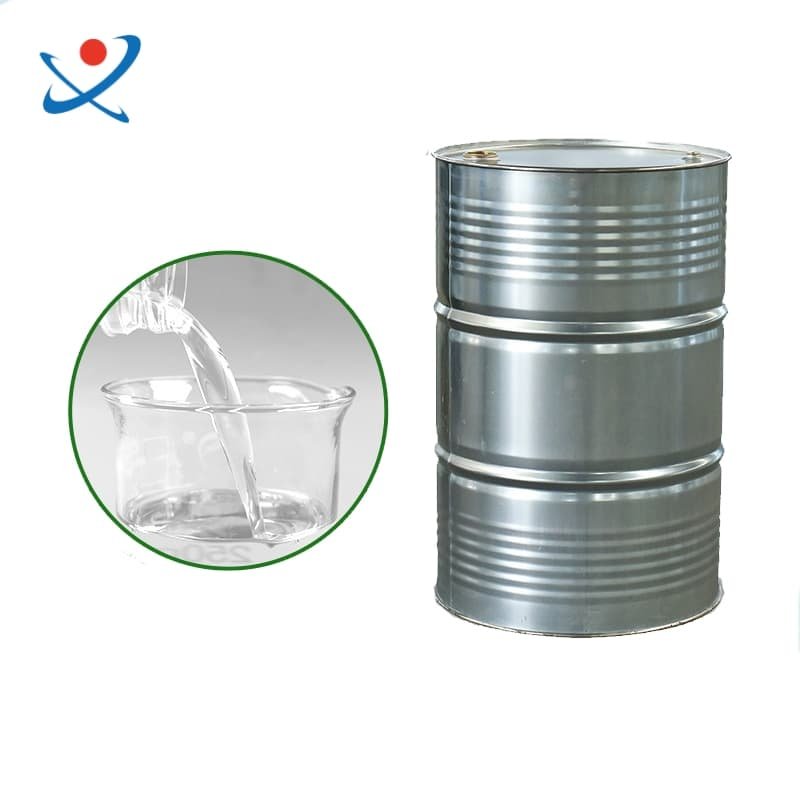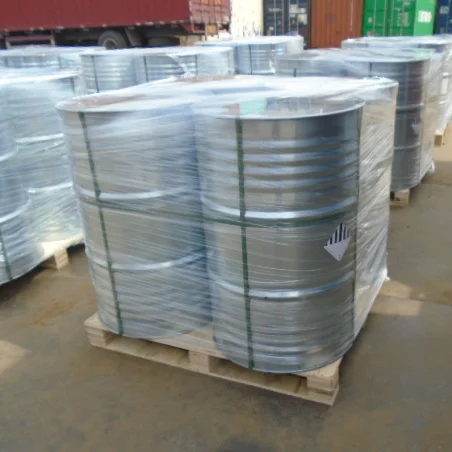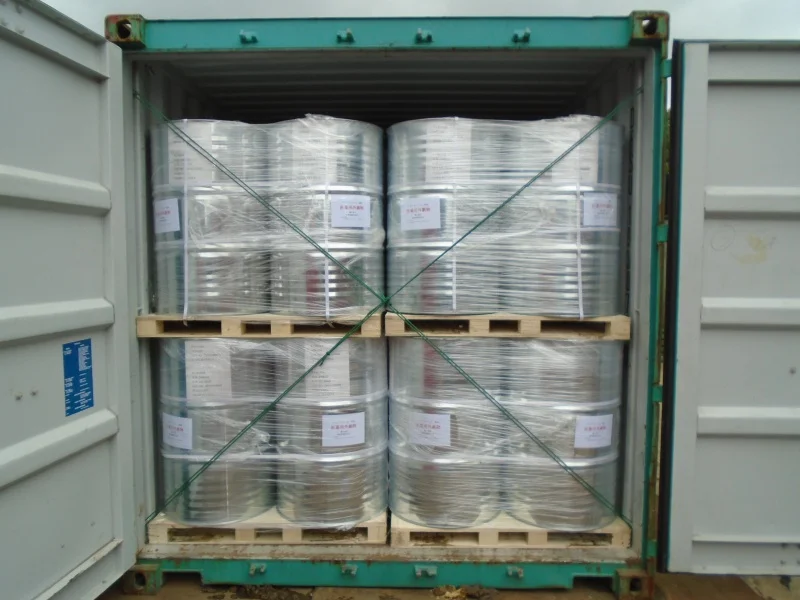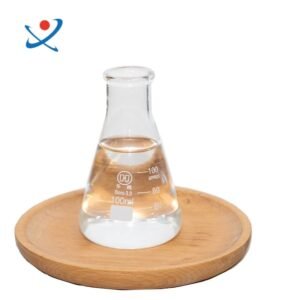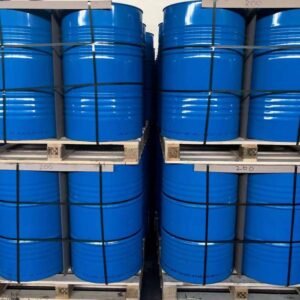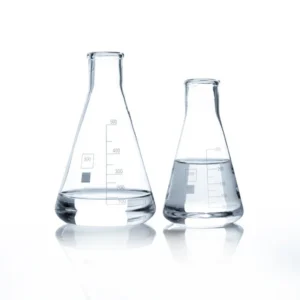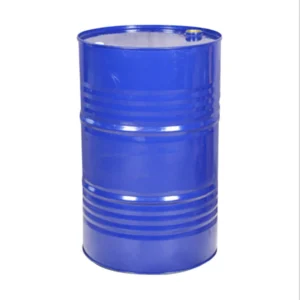1,2-propanediol is a chemical reagent that is miscible with water, ethanol, and various organic solvents. Its chemical formula is C3H8O2. Under normal conditions, it is a colorless viscous liquid, almost odorless, and slightly sweet upon closer inspection. Propylene glycol can be used as a raw material for unsaturated polyester resin. It can be used as a wetting agent in cosmetics, toothpaste, and soap in combination with glycerol or sorbitol. Used as a moisture regulator, hair stabilizer, and antifreeze in hair dyes, as well as in cellophane, plasticizers, and pharmaceutical industries.
Packaging: 200kg/barrel
The role of propylene glycol:
- Propylene glycol is an important raw material for unsaturated polyester, epoxy resin, polyurethane resin, plasticizer, and surfactant, accounting for about 45% of the total consumption of propylene glycol. This type of unsaturated polyester is widely used in surface coatings and reinforced plastics. Propylene glycol has good viscosity and hygroscopicity, and is widely used as a hygroscopic agent, antifreeze, lubricant, and solvent in the food, pharmaceutical, and cosmetics industries. In the food industry, propylene glycol reacts with fatty acids to form propylene glycol fatty acid esters, which are mainly used as food emulsifiers; Propylene glycol is an excellent solvent for seasoning and coloring. Due to its low toxicity, it is used as a solvent for spices and food coloring in the food industry. Propylene glycol is commonly used in the pharmaceutical industry as a solvent, softener, and excipient in the manufacturing of various ointments and ointments. It is also used as a solvent in the pharmaceutical industry as a blending agent, preservative, ointment, vitamin, penicillin, and other solvents. Due to its good solubility with various spices, propylene glycol is also used as a solvent and softener in cosmetics. Propylene glycol is also used as a humidifier for tobacco, a mold inhibitor, a lubricant for food processing equipment, and a solvent for food labeling inks. The aqueous solution of propylene glycol is an effective antifreeze. It is also used as a tobacco wetting agent, mold inhibitor, fruit ripening preservative, antifreeze, and heat carrier.
- Used for organic synthesis, as a solvent, dehydrating agent, plasticizer, antifreeze, and gas chromatography stationary liquid.
- Commonly used organic synthetic raw materials for manufacturing unsaturated polyester resin. It can also be used as an emulsifier, preservative, or antifreeze. It is also used in the manufacturing of alkyd resins, polypropylene glycol, plasticizers, surfactants, and lubricants. Due to its good hygroscopicity and low toxicity, it is used as a solvent in the pharmaceutical industry as a blending agent, preservative, ointment, ointment, pill, vitamin, etc. It is also used as a softener and excipient. Used as a solvent for spices, seasoning, and food coloring in the food industry. It is also used as a tobacco humidifier, mold inhibitor, fruit ripening preservative, coating film forming agent, antifreeze, and heat transfer medium. It is also commonly used as a substitute for ethanol and glycerol, and can be used as a wetting agent in toothpaste and cosmetics in combination with glycerol or sorbitol.

